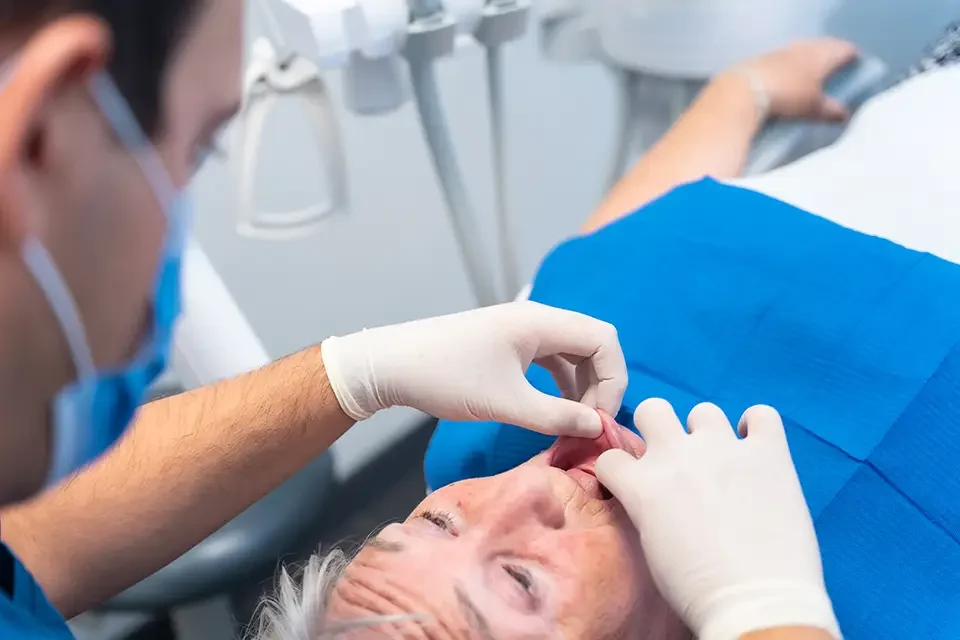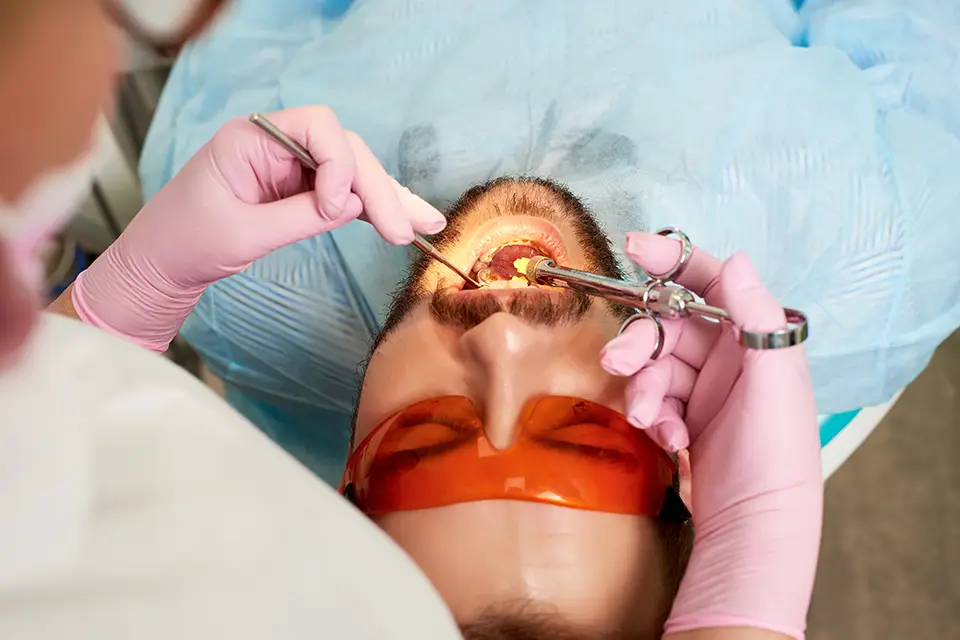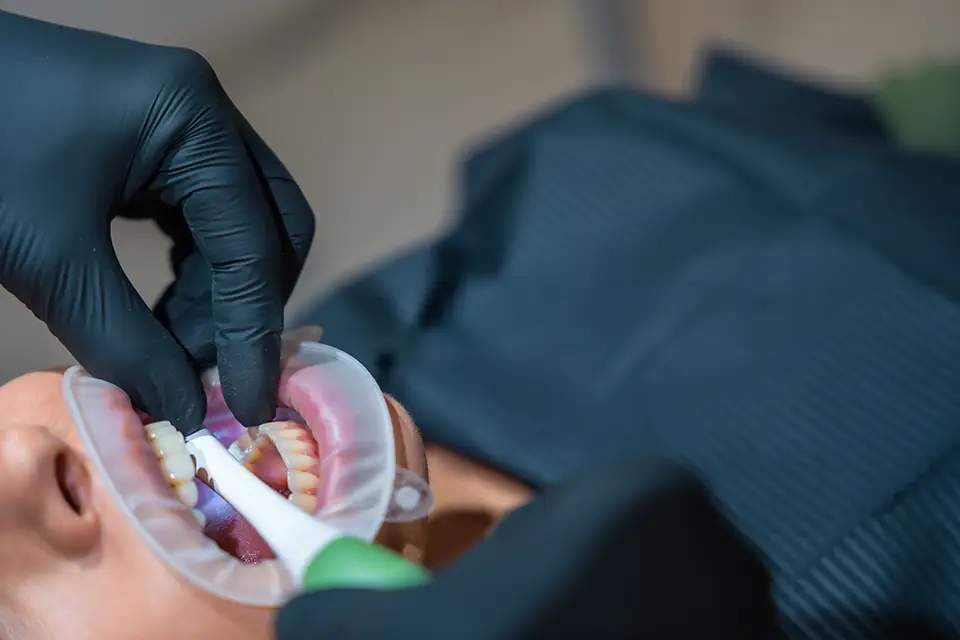When a tooth’s pulp becomes infected, it can cause severe pain and complications. A root canal procedure is frequently performed to protect the tooth from further damage; however, even after the procedure, the tooth may develop an infected root canal. Recognizing the symptoms early and seeking treatment is critical to avoiding more serious dental issues.
What Is an Infected Root Canal?
An infected root canal occurs when bacteria or other irritants infiltrate the inner pulp chamber of a tooth during or after a root canal procedure. The infection can spread, resulting in swelling, pain, and even abscess formation. In many cases, an additional treatment known as a root canal retreatment is necessary to treat the infection effectively.
Causes of an Infected Root Canal
The following are some of the factors that can lead to the development of an infected root canal:
- Inadequate removal of infected pulp during the initial root canal procedure.
- Contaminated dental instruments or materials used during the procedure.
- The formation of new decay near the treated area.
- Dental fractures or cracks that allow bacteria to enter.
Understanding these causes can aid in the early detection and treatment of a root canal infection.
Symptoms of an Infected Root Canal
Recognizing the symptoms is critical for getting immediate dental care. Common symptoms include Persistent toothache or pain that worsens over time.
- Sensitivity to hot and cold foods and beverages.
- Inflammation or tenderness around the affected tooth.
- Discoloration of the tooth.
- A pimple-like bump on the gum near the tooth (which indicates an abscess).
- An unpleasant taste in the mouth caused by drainage from the infected area.
Furthermore, if you are experiencing any of these symptoms, you must schedule an appointment with a dental professional at Sunshine Dentistry in Richmond Hill, Ontario, for a diagnosis.
Treatment for an Infected Root Canal

Once a tooth has become infected, prompt treatment is required to avoid further complications. Treatment options for root canal infection usually include:
- Root Canal Retreatment: The dentist reopens the tooth, removes the infected tissue, and thoroughly cleans the inside before sealing it.
- Apicoectomy: This minor surgical procedure removes the tip of the tooth’s root and seals the end to prevent reinfection.
- Tooth Extraction: In cases where your dentist can not save the tooth, extraction may be necessary, followed by restorative options such as dental implants.
Sunshine Dentistry offers a variety of treatment options to help you restore your dental health efficiently and comfortably.
Preventing a Root Canal Infection
The first step in preventing a root canal infection is maintaining excellent oral hygiene practices, such as brushing and flossing regularly and getting routine dental checkups. Furthermore, protecting your teeth from cracks or fractures and receiving timely cavity treatment can reduce the risk of developing an infected root canal.
Importance of Seeking Immediate Care
If left untreated, an infected root canal can result in severe complications. The infection can spread to other parts of the mouth or even the jawbone, causing severe pain and the possibility of tooth loss. Seeking immediate treatment not only saves your tooth but also helps to protect your overall oral health.
At Sunshine Dentistry in Richmond Hill, Ontario, our experienced dental team is committed to providing high-quality care to patients suffering from root canal infections and other dental problems. Moreover, we prioritize treatments that promote your comfort and long-term dental health.
FAQs
How do I know if my root canal is infected?
Persistent pain, swelling, and sensitivity indicate a root canal infection. If you are experiencing these symptoms, you should see your dentist for an evaluation.
Can a root canal infection go away on its own?
No, a root canal infection will not resolve on its own. Professional dental treatment is necessary to treat the infection and avoid further complications.
How is a root canal infection treated?
Dentists typically treat root canal infections with retreatment, which involves removing the infected material, cleaning the tooth, and resealing it.
Patients who monitor symptoms and seek timely treatment can successfully manage an infected root canal and avoid more serious dental issues in the future. Furthermore, if you suspect you have an infection, call Sunshine Dentistry in Richmond Hill, Ontario, and immediately make an appointment.



